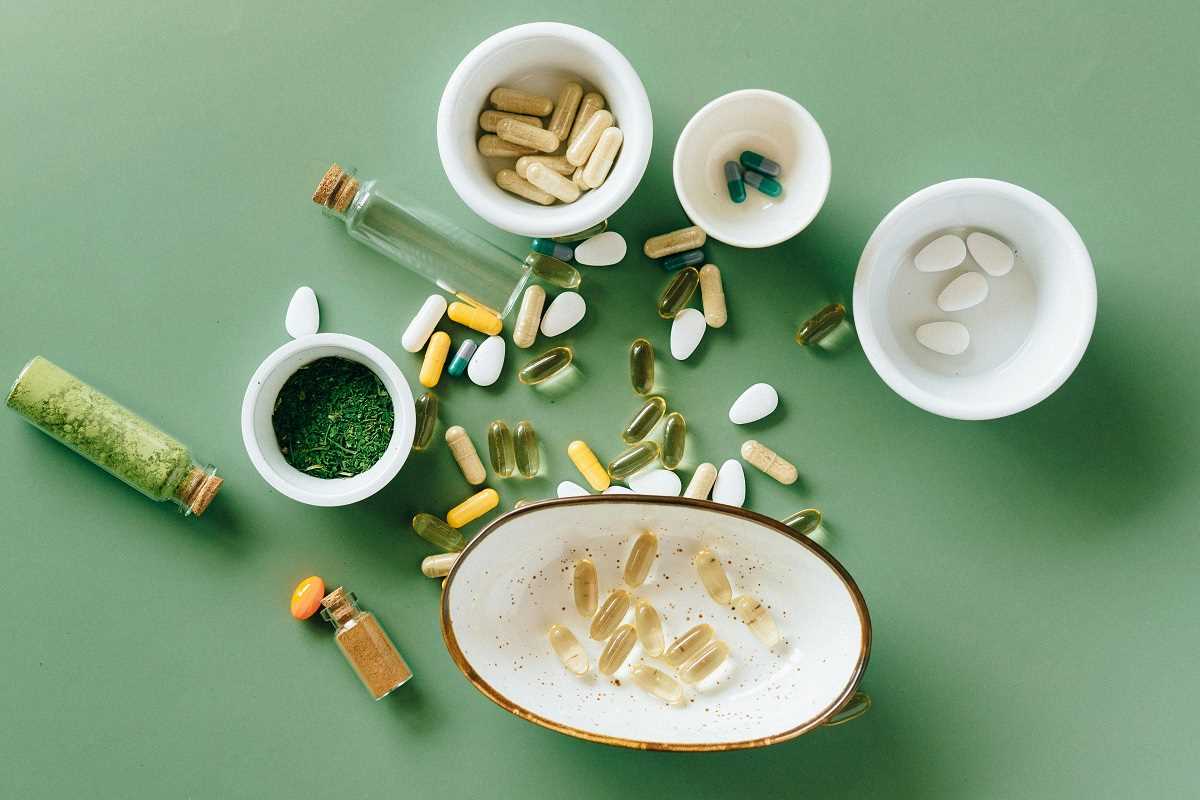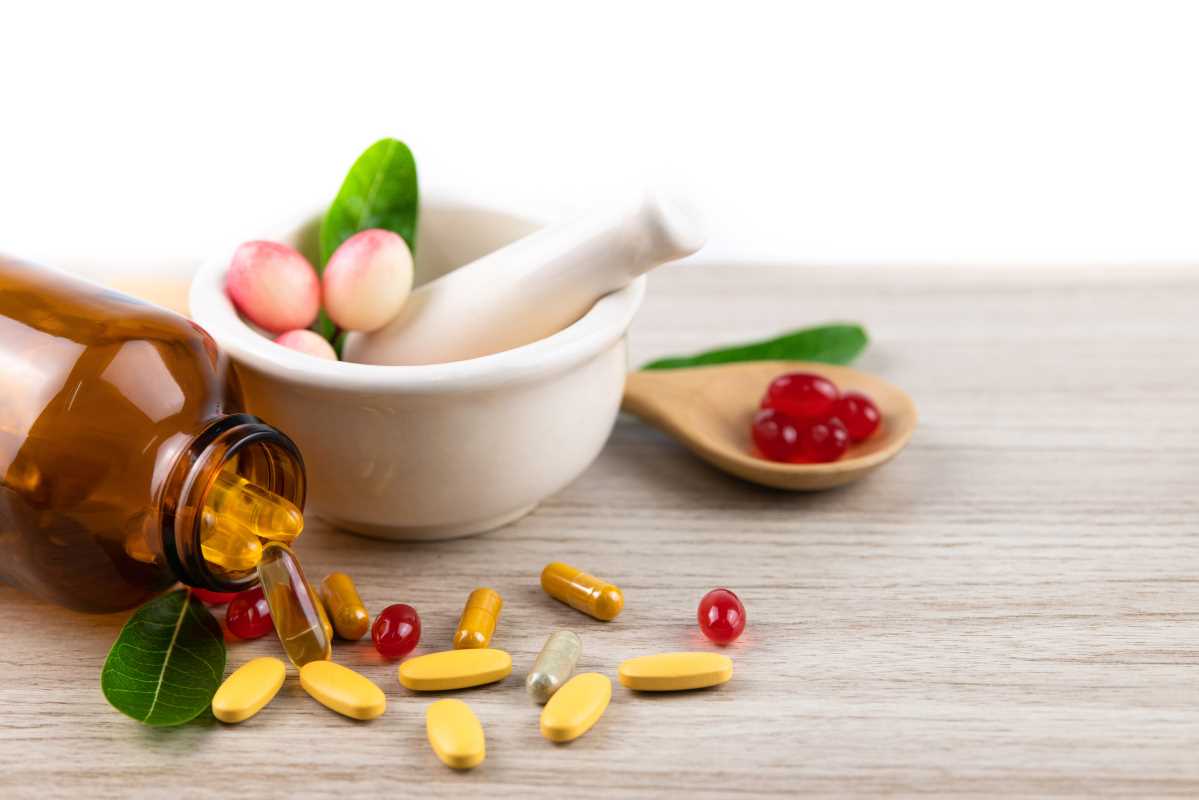When it comes to skincare, it feels like there’s always a new ingredient or product touted as the next big thing. But have you heard about probiotics in skincare? While probiotics are already famous for gut health, they’ve now made their mark on the world of beauty—and with good reason. Probiotics can help more than just digestion—they may be one of the best-kept secrets to achieving healthy, glowing skin.
For middle-aged women especially, skin health becomes a growing priority. Hormonal shifts, lifestyle changes, and aging itself can leave our skin feeling less vibrant than we’d like. Probiotics may hold the key to repairing, protecting, and even revitalizing your skin. Before you add probiotics to your skincare routine, though, it’s important to understand what they are, what they do, and how to choose the right probiotic-infused products for you.
What Are Probiotics and Why Do They Matter?
Probiotics are what we like to call "good bacteria." Unlike harmful bacteria that cause illness, these beneficial microorganisms promote balance within your body. Most of us have heard about probiotics when it comes to yogurt, fermented foods, or digestive supplements. But your skin—your body’s largest organ—has its own microbiome, home to trillions of bacteria, fungi, and other organisms.
This skin microbiome acts as your body’s first line of defense against outside invaders like harmful bacteria and environmental pollutants. When everything is balanced, your skin barrier is strong, keeping moisture in and irritants out. But when this balance is disrupted by factors like stress, pollution, or aging, your skin can become dry, sensitive, or prone to breakouts and other conditions.
That’s where probiotics come in. These helpful microbes can restore and maintain the delicate balance of your skin’s microbiome, leading to healthier, happier skin.
How Probiotics Benefit Your Skin
Adding probiotics to your skincare routine can offer several impressive benefits. Here’s how they work their magic:
1. Strengthening Skin’s Barrier Function
Think of your skin barrier as a shield that protects you from everything the world throws your way—UV rays, toxins, harsh weather, and more. Over time, this shield can weaken, making your skin more vulnerable to damage. Probiotics help reinforce this natural barrier, ensuring that your skin stays hydrated and resilient.
2. Reducing Redness and Irritation
If you have sensitive or easily irritated skin, probiotics can be a game-changer. By calming inflammation and reducing sensitivity, they can soothe redness and irritation. This makes probiotics especially helpful for those dealing with rosacea, eczema, or even post-menopausal skin sensitivities.
3. Fighting Acne
Probiotics can help balance the bacteria found on your skin, which is important in preventing breakouts. By managing harmful bacteria and calming inflammation, probiotics create a healthier environment for your skin, reducing the chances of pimples and blemishes.
4. Slowing Signs of Aging
As we age, our skin naturally loses elasticity and becomes more prone to fine lines, dullness, and sagging. Some research suggests that probiotics may help combat these signs of aging by promoting collagen production and fighting the oxidative stress caused by free radicals—molecules that damage skin cells over time.
5. Combatting Environmental Damage
Exposure to pollution and toxins can harm your skin, but probiotics may offer protection. Their ability to boost the skin’s microbiome means they can help neutralize pollutants and toxins, effectively shielding your skin from daily environmental stressors.
The Different Types of Probiotics in Skincare
If you’re considering adding probiotics to your skincare routine, it’s helpful to know that not all probiotics work the same way. There are specific strains commonly used in products, each with its unique benefits:
- Lactobacillus and Bifidobacterium:
These strains are great for calming the skin and improving hydration. They’re often used in products for sensitive or dry skin.
- Streptococcus Thermophilus:
This probiotic promotes the production of ceramides, which are essential for maintaining a strong skin barrier and preventing water loss.
- Vitreoscilla Ferment:
Known for reducing irritation and improving the skin’s overall texture, this ingredient is often found in products designed for mature skin.
Each strain offers something slightly different, so choosing a product based on your specific skin concerns can make a big difference.
How to Incorporate Probiotics Into Your Skincare Routine
Adding probiotics to your skincare doesn’t have to be complicated. Many brands now offer probiotic-infused products like cleansers, serums, moisturizers, and masks. Here are a few tips to help you make the most of them:
1. Start Simple
If you’re new to probiotics, start with a single product, like a serum or moisturizer. This allows you to see how your skin reacts before committing to a full routine.
2. Pair with Prebiotics
Prebiotics are the food that probiotics need to thrive. Some skincare products combine both prebiotics and probiotics, but you can also boost your probiotic benefits by eating prebiotic-rich foods (think bananas, garlic, and oats).
3. Be Consistent
Like most skincare ingredients, probiotics need time to work their magic. Use them consistently, and you’ll start to see results over weeks, not days.
4. Look for Clean, Well-Formulated Products
Quality matters! Choose products from reputable brands that clearly list the ingredients and strains of probiotics they're using.
Should Probiotic Skincare Replace Your Current Routine?
Not necessarily! Probiotics work best when paired with complementary ingredients. For instance, if you’re already using products with hyaluronic acid for hydration or antioxidants like vitamin C, you can add probiotics to enhance their effects. The goal is to create a balanced routine that addresses all your skin’s needs.
The Role of Diet in Probiotic Skincare
While topical probiotics are fantastic, don’t forget about the role that diet plays in your skin health. Eating a diet rich in natural probiotics—like those found in yogurt, kefir, kombucha, and fermented vegetables—can improve your gut’s microbiome, which can, in turn, benefit your skin. When your body is happy on the inside, it shines through on the outside!
What to Expect When Starting Probiotic Skincare
Every person’s skin is unique, so your experience with probiotics may vary. Some people notice immediate improvements in hydration and texture, while others find it takes a few weeks to see changes. It’s also normal to experience a brief adjustment period where your skin balances itself out.
If you have specific skin concerns, such as chronic acne or rosacea, it’s always a good idea to consult with a dermatologist before introducing new products.
Will Probiotics Work For You?
Whether you’re looking to calm irritation, reduce breakouts, or simply reinforce your skin’s natural defenses, probiotics can play a significant role in achieving your skincare goals. From probiotic-rich foods to cutting-edge skincare products, there are plenty of ways to experiment and figure out what works best for you.
Because in the end, taking care of your skin is about more than just surface-level beauty—it’s about feeling confident and radiant at any age. Why not give probiotics a try and see how they work for you? Your skin deserves it!
 (Image via
(Image via





